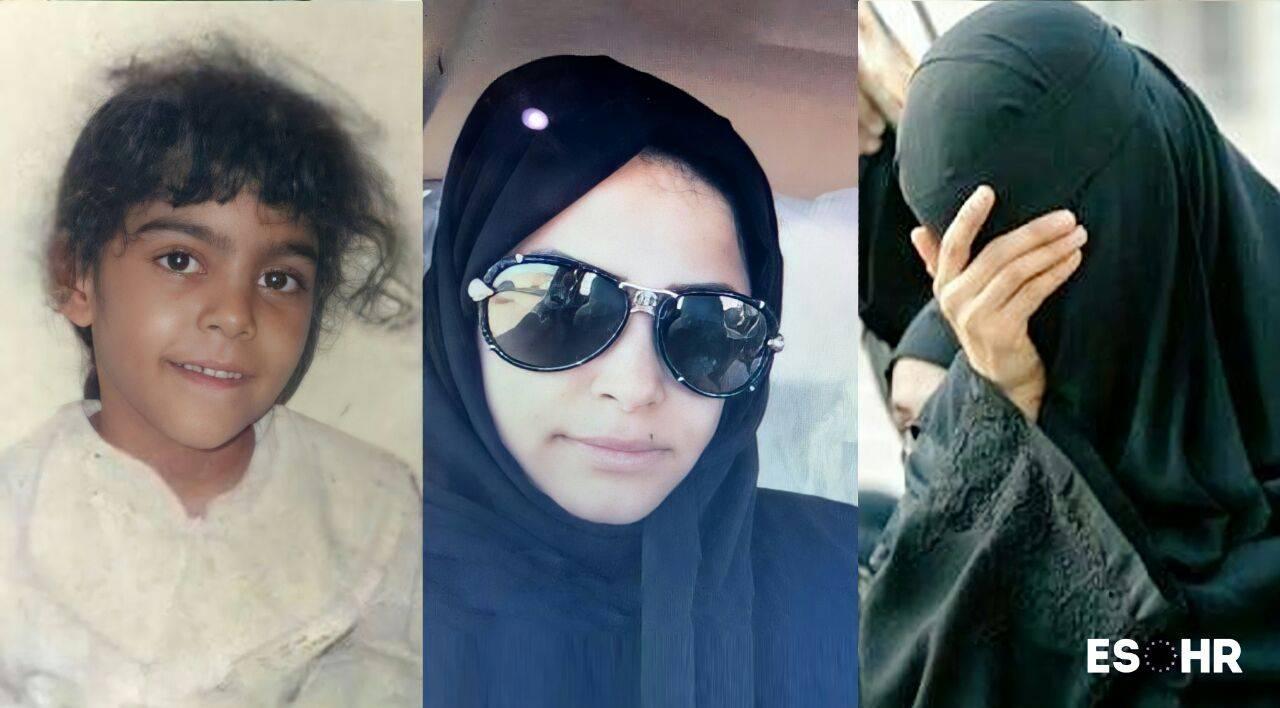
Saudi Arabia continues to crack down on female human rights defenders and activists, in contrast with the government's propaganda regarding women's rights reforms.
According to the European-Saudi Organization for Human Rights, Saudi Arabia is still detaining dozens of women, including human rights defenders and activists. Despite the publicity of the release of some female activists over the past months, fears that they will be re-arrested under tight restrictions and travel bans underscore the real official handling of women's rights in Saudi Arabia.
Ongoing Arrests:
Despite the lack of transparency in the Saudi government's handling of the detention file and the intimidation of individuals which prevents access to adequate information, the European-Saudi Organization for Human Rights monitored the continuing detention campaigns by the Saudi government against women. Information indicates that Saudi government has recently carried out sporadic arbitrary arrests of women who are expected to be active in defending human rights and expressing their opinions. Among them is Dr Lina al-Sharif, who has been subjected to enforced disappearance since May 2021 - and her family has been unable to communicate with her or find out where she is. According to the information received, Al-Sharif was arrested for expressing her opinion on social media.
In June 2021, ESOHR received information regarding the arrest of Asmaa al-Subaie. Later in May 2021, the online activist Rina Abdul Aziz (ladn) was arrested. Still later, another activist named Yasmine al-Ghafili was arrested.
Unfair Judgments:
For years, Saudi Arabia has detained, prosecuted, and convicted many female human rights activists and defenders, some of whom are still serving lengthy prison sentences for legitimate practices of internationally protected rights. Among them is the human rights defender Israa al-Ghomgham, who was arrested in December 2015 for her activism. Al-Ghomgham faced charges including leading demonstrations and chanting slogans calling for human rights. The public prosecution had requested the death penalty sentence for her before later issuing a retraction. She was sentenced to eight years of imprisonment, despite the violations she was subjected to, including being denied access to a lawyer.
In addition, Saudi Arabia continues to detain the human rights defender Naima al-Matrood. She was arrested in 2016 and faced charges including participating in demonstrations in the Qatif region and expressing her opinions on social media. The peaceful actions of al-Matrood were portrayed in Saudi state media as support for terrorism and she was sentenced to six years of imprisonment by the Specialized Criminal Court.
Activist Fatima al-Nasif has been detained by the Saudi government since 2017. Al Nassif was violently arrested in front of her two daughters from inside her car and, according to her family, abused and tortured. In June 2021, while in Canada, her son was mysteriously murdered, and she was denied the ability to participate in his funeral.
Saudi Arabia has also detained many women for years, including Soukaina al-Dakhil, Kefaya al-Tarouti and Zainab al-Aithan, Mariam al-Qassium and Mayaa al-Zahrani, and the elderly Aida al-Ghamdi.
After-Release Restrictions:
The Saudi government is dealing with the issue of women human rights defenders and women detainees by releasing propaganda, as it does with all the human rights cases, and by denying the arrest of human rights defenders and denying their role. In addition, it uses some cases to promote recent reforms. In 2021, the Saudi government released a number of female detainees, including Loujain al-Hathloul, Samar Badawi, and Nassima al-Sada. This came after severe criticism, especially the European Parliament resolution calling Saudi Arabia one of the most gender-biased countries, and a decision from the United Nations finding Al-Hathloul's arrest arbitrary and demanding the release of female defenders more than once.
The release of the female defenders was accompanied by continued restrictions on their right to travel and to engage in any activity. Reports that they were subjected to various types of torture during their detention has not been investigated.
The European Saudi Organization for Human Rights stresses that the harsh sentences imposed on female human rights defenders and the use of anti-terrorism laws against them – and the continuing detention and restrictions after their release - are the true picture of Saudi official dealings with human rights issues in general and women's rights in particular. The organization stresses that the temporary and incomplete releases, which do not affect all detention facilities, are of concern for further repression and violations. It also stresses that no procedure can be relied upon that does not hold torturers and human rights violators to account.
